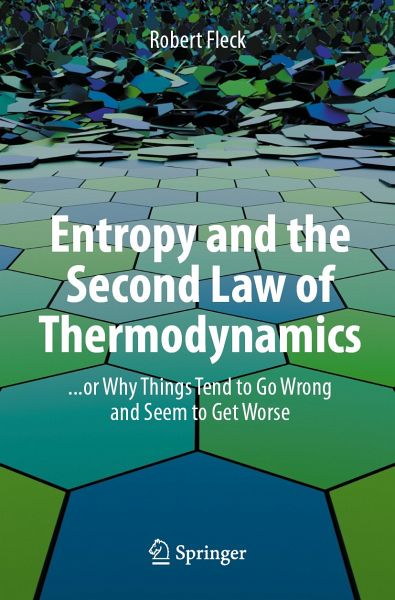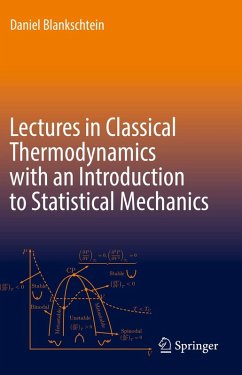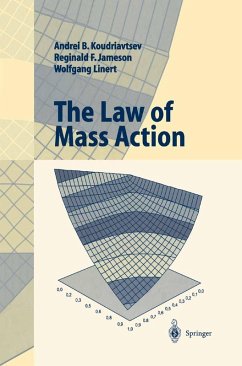
Entropy and the Second Law of Thermodynamics (eBook, PDF)
... or Why Things Tend to Go Wrong and Seem to Get Worse

PAYBACK Punkte
13 °P sammeln!
This book is a brief and accessible popular science text intended for a broad audience and of particular interest also to science students and specialists. Using a minimum of mathematics, a number of qualitative and quantitative examples, and clear illustrations, the author explains the science of thermodynamics in its full historical context, focusing on the concepts of energy and its availability and transformation in thermodynamic processes. His ultimate aim is to gain a deep understanding of the second law-the increase of entropy-and its rather disheartening message of a universe descendin...
This book is a brief and accessible popular science text intended for a broad audience and of particular interest also to science students and specialists. Using a minimum of mathematics, a number of qualitative and quantitative examples, and clear illustrations, the author explains the science of thermodynamics in its full historical context, focusing on the concepts of energy and its availability and transformation in thermodynamic processes. His ultimate aim is to gain a deep understanding of the second law-the increase of entropy-and its rather disheartening message of a universe descending inexorably into chaos and disorder. It also examines the connection between the second law and why things go wrong in our daily lives. Readers will enhance their science literacy and feel more at home on the science side of author C. P. Snow's celebrated two-culture, science-humanities divide, and hopefully will feel more at home in the universe knowing that the disorder we deal with in our daily lives is not anyone's fault but Nature's.
Dieser Download kann aus rechtlichen Gründen nur mit Rechnungsadresse in A, B, BG, CY, CZ, D, DK, EW, E, FIN, F, GR, HR, H, IRL, I, LT, L, LR, M, NL, PL, P, R, S, SLO, SK ausgeliefert werden.












